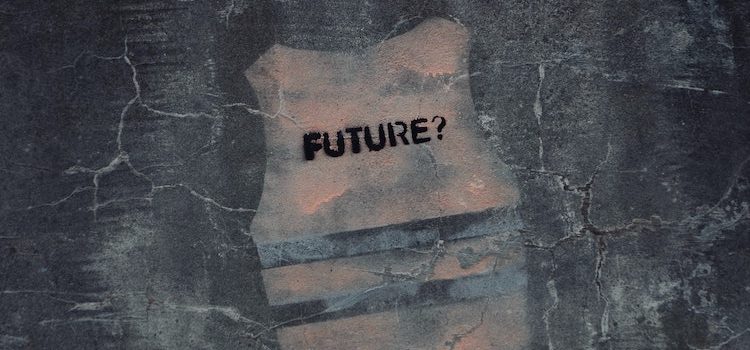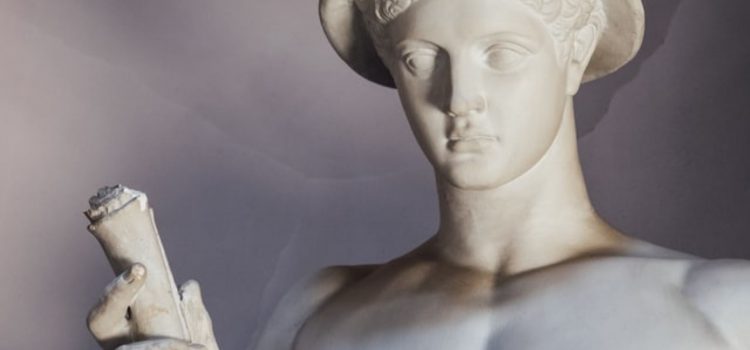Is the future predetermined by the laws of physics? Is free will an illusion? What is scientific determinism? We could predict the state of the universe at a given time—even a time in the future—if two things were true: we have a unifying theory of physics, and we’re able to measure the state of the universe at any given time. This would be “scientific determinism,” and physicist Stephen Hawking explains its limitations in A Brief History of Time. Read more to learn Hawking’s insights on this intriguing matter.
Scientific Determinism: What It Is & Why It’s Problematic










